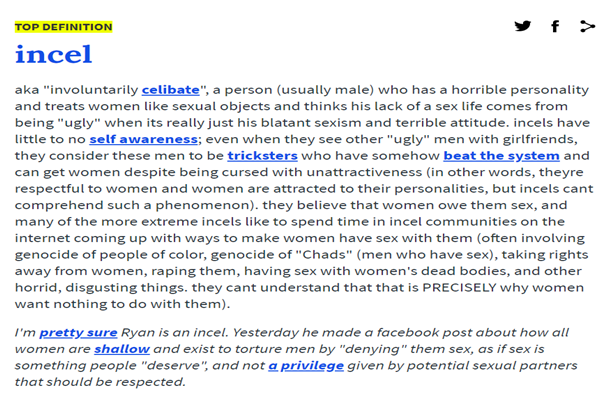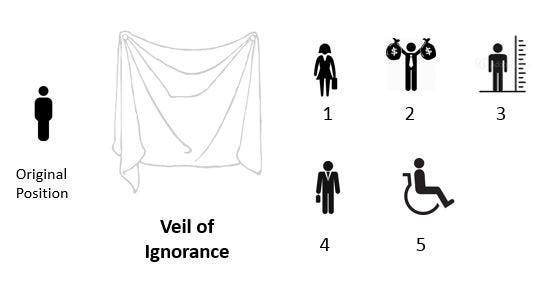William Costello & David M.Buss ✏ Recommended by Christopher Owens.
Incels (involuntary celibates) are an online subculture community of men who form an identity around their perceived inability to form sexual or romantic relationships. They attribute their lack of success to genetic factors, evolved mate preferences, and social inequities. While we have a deep ancestral history of incels, the modern incel community is an evolutionarily novel group that fosters a shared victimhood identity. We applaud Lindner for an important contribution to the scant literature on incels and highlight the importance of her evolutionary psychological lens in understanding their grievances.
Our critique of Lindner’s work addresses two key issues. Firstly, we challenge the hypothesis that incels engage in simulated coalitional bargaining for sexual access. While coalitional bargaining for sexual access may have played a role in ancestral populations of involuntarily celibate men, this is not a suitable analysis of modern incels. Instead, the incel community operates as a fatalistic echo-chamber, where failure is celebrated, and individuals discourage each other from pursuing romantic success.
Secondly, we critique the association between incels and violence. Contrary to common beliefs, empirical evidence suggests that incels are not particularly prone to violence. Incels’ propensity for violence appears relatively low compared to that of the general population. We conclude by offering one hypothesis as to why modern day incels are not as violent as we might expect.
Continue reading here.
Incels (involuntary celibates) are an online subculture community of men who form an identity around their perceived inability to form sexual or romantic relationships. They attribute their lack of success to genetic factors, evolved mate preferences, and social inequities. While we have a deep ancestral history of incels, the modern incel community is an evolutionarily novel group that fosters a shared victimhood identity. We applaud Lindner for an important contribution to the scant literature on incels and highlight the importance of her evolutionary psychological lens in understanding their grievances.
Our critique of Lindner’s work addresses two key issues. Firstly, we challenge the hypothesis that incels engage in simulated coalitional bargaining for sexual access. While coalitional bargaining for sexual access may have played a role in ancestral populations of involuntarily celibate men, this is not a suitable analysis of modern incels. Instead, the incel community operates as a fatalistic echo-chamber, where failure is celebrated, and individuals discourage each other from pursuing romantic success.
Secondly, we critique the association between incels and violence. Contrary to common beliefs, empirical evidence suggests that incels are not particularly prone to violence. Incels’ propensity for violence appears relatively low compared to that of the general population. We conclude by offering one hypothesis as to why modern day incels are not as violent as we might expect.
Continue reading here.











